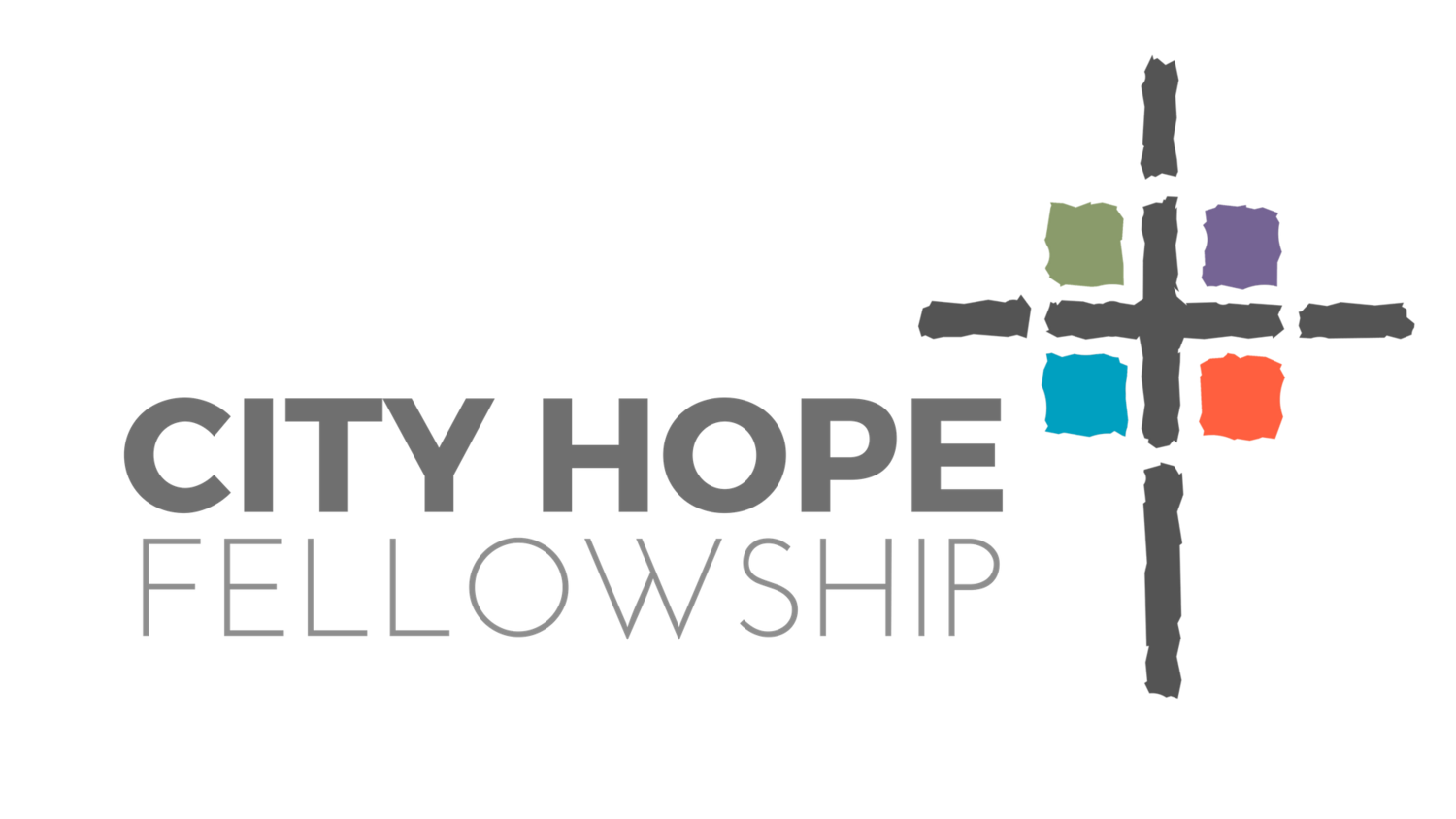Embodying Faith: Living Out the Gospel’s Transformative Power
In a world often dominated by injustice and inequality, the gospel calls believers into a radical, transformative way of life, one that challenges the status quo and envisions a community grounded in justice and equality. The New Testament book of Philemon demonstrates this transformative power vividly, offering a profound message: the gospel creates a new family—one that not only spans cultural and social divides but also actively promotes justice and equality while dismantling oppressive systems.
“
No, O people, the LORD has told you what is good,
and this is what he requires of you:
to do what is right, to love mercy,
and to walk humbly with your God.”
The Radical Call of the Gospel
At its core, the gospel of Jesus Christ is not merely about spiritual reconciliation with God but an invitation to a new way of being in the world. It establishes a family bonded not by blood or social status but by faith and brotherhood in Christ. This profound truth was illustrated in Paul's letter to Philemon, where he appeals to this early Christian to recognize his slave, Onesimus, not as property but as a brother and equal in Christ. This appeal wasn't just a call for personal reconciliation but a radical social statement that confronted the norms of the Roman world.
Living an Embodied Faith
To answer the gospel's call effectively, believers today must strive to embody their faith, allowing their beliefs to manifest through actions that promote tangible change. The concept of "embodied faith" emphasizes that our spiritual convictions should translate into physical realities—acting justly, loving mercy, and walking humbly with God. This requires believers to adopt a holistic approach, integrating spiritual truths with everyday actions.
An embodied faith acknowledges that we are made in the image of God as both body and soul, intrinsically connected. For this reason, our faith shouldn't solely reside in the spiritual realm; it must impact our physical reality. This means striving to alleviate suffering, championing equality, and advocating for justice in all its forms.
Action Requires Understanding
Living out this call begins with understanding and experiencing the depth of what Christ has done for us. Through Jesus, we receive forgiveness, justification, and freedom from sin. Recognizing these gifts should inspire generosity—not just in spiritual terms, but materially and socially. The love and grace we've received compel us to extend mercy and compassion, challenging us to act for the benefit of others.
Faith isn't merely an internal belief but a catalyst for external action. James, in the New Testament, posits that faith devoid of action is dead. Genuine faith results in good deeds that reflect Jesus' teachings. If we claim to follow Christ, our actions must echo His, reaching out to the poor, feeding the hungry, and advocating for the marginalized.
The Church: A Community of Belonging
The transformation that the gospel envisions doesn't stop at personal change; it's meant to redefine how we see others. As part of this new family, our allegiance is to fellow believers across all boundaries of race, nationality, and culture. Our deepest connections are not with those who share our earthly identifiers but with those who share our faith.
This interconnectedness compels us to see and treat one another as true brothers and sisters, advocating for dignity and justice as natural extensions of our shared identity in Christ. It echoes the early church's challenge—to bring in the marginalized and elevate them to full community status, creating a witness to the transformative power of the gospel.
“Scripture repeatedly shows us that God’s heart beats for those on the margins; thus, if we desire deeper intimacy with Him, we too must be found among them.
”
Tangible Expressions of Faith
Embodying faith means engaging in actions that reflect the justice and mercy of our Lord. Today, this calls us to advocate against human trafficking and modern slavery, become allies in the fight against racial injustice, and address disparities that persist in society. We do this through financial support, volunteering time, engaging politically, and using every means available to stimulate positive change.
Moreover, our faith challenges us to deepen relationships with those outside our immediate circles, to venture into communities different from our own, and to carry the love of Christ wherever we go.
Experiencing Jesus Through Action
Our pursuit of social justice and equality isn't about aligning with cultural trends or fulfilling political agendas. It's an expression of Jesus' teachings and our calling to experience Him more fully. As we immerse ourselves in the work of caring for the vulnerable and oppressed, we find ourselves encountering Jesus in profound ways. Scripture repeatedly shows us that God’s heart beats for those on the margins; thus, if we desire deeper intimacy with Him, we too must be found among them.
Conclusion
In embracing an embodied faith, the church stands as a beacon of hope in a fractured world, exemplifying the love, justice, and mercy of Christ. The call is not for superficial charity but for profound transformation—a challenge to live as part of this new family that Christ established through His life, death, and resurrection. As we answer this call, may our actions speak louder than words, manifesting the gospel’s power to transform hearts, communities, and the world.
This blog is based on two sermons on the book of Philemon:
For further reading, check out these research papers I wrote in Seminary:
GEORGE BOURNE AND THE MISSED MOMENT FOR AMERICAN PRESBYTERIANS
COVENANT OBLIGATIONS TOWARD REFUGEE SLAVES: A STUDY OF DEUTERONOMY 23:15-16

